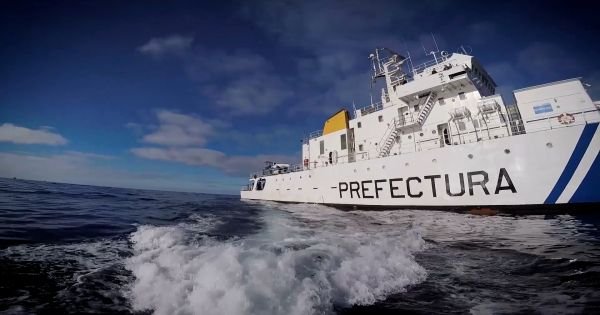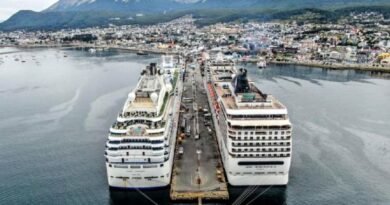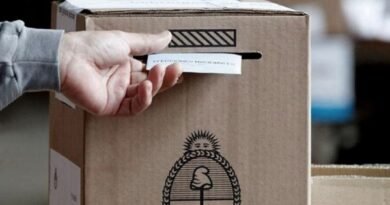Argentina’s Coast Guard allowed to use long-range weaponry
[ad_1]
Argentina’s Coast Guard allowed to use long-range weaponry
We have worked on this protocol so that the Coast Guard can protect its people, the borders, the citizens and be in better or equal conditions than the criminals, said Bullrich
Argentina’s Security Ministry issued a new resolution published Friday in the Official Gazette whereby Coast Guard (PNA) units are allowed to use all types of firearms to stop being in a disadvantageous situation in the patrolling of rivers, as a first step for the re-establishment of the general regulations that will soon apply to all members of the federal security forces.
”Tomorrow (Friday) a resolution will be published in the official gazette so that Prefectura can use all types of police firearms and not only the short arms that are allowed today, Security Minister Patricia Bulllrich had said Thursday upon announcing the return to the General Regulations for the Use of Firearms by Members of the Federal Security Forces” she had launched when holding the same office under then-President Mauricio Macri (2015-2019).
We have worked on this protocol so that the Coast Guard can protect its people, the borders, the citizens and be in better or equal conditions than the criminals, said Bullrich.
The new measure repeals Resolution 1231 dated Dec. 20, 2019, when then-President Alberto Fernández and Security Minister Sabina Frederic reversed these regulations regarding the use of lethal and non-lethal weapons by the Federal Police and Security Forces, thus placing the Coast Guard in a disadvantageous situation.
The Regulation establishes in Article 3 that Before the necessary use of firearms, the officers of the FEDERAL SECURITY FORCES must identify themselves as such and intimidate by voice to cease the illicit activity. However, it then states that an exception to this requirement is made in those situations where such action may entail a risk of death or serious injury to other persons, when their own lives or physical integrity would be unduly endangered, or when it would be obviously inappropriate or useless, given the circumstances of the case.
PNA units do not have the necessary range when the boats, the ships that come with illegal cargo cross and go to the border in front of them, whether it is a place in Argentina, Brazil or Paraguay, Bullrich added.
[ad_2]
Source link




